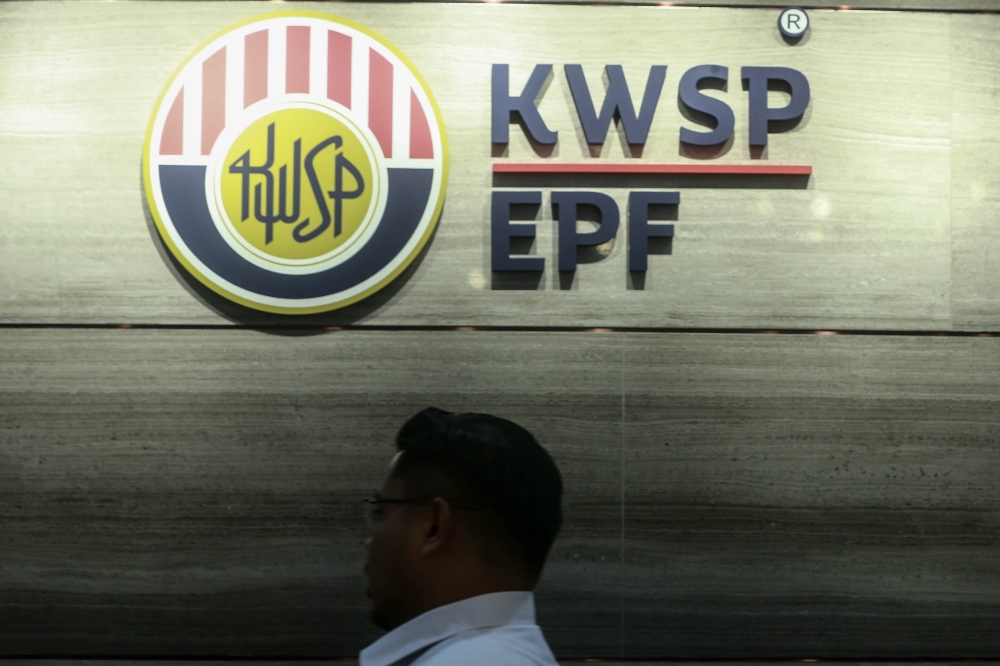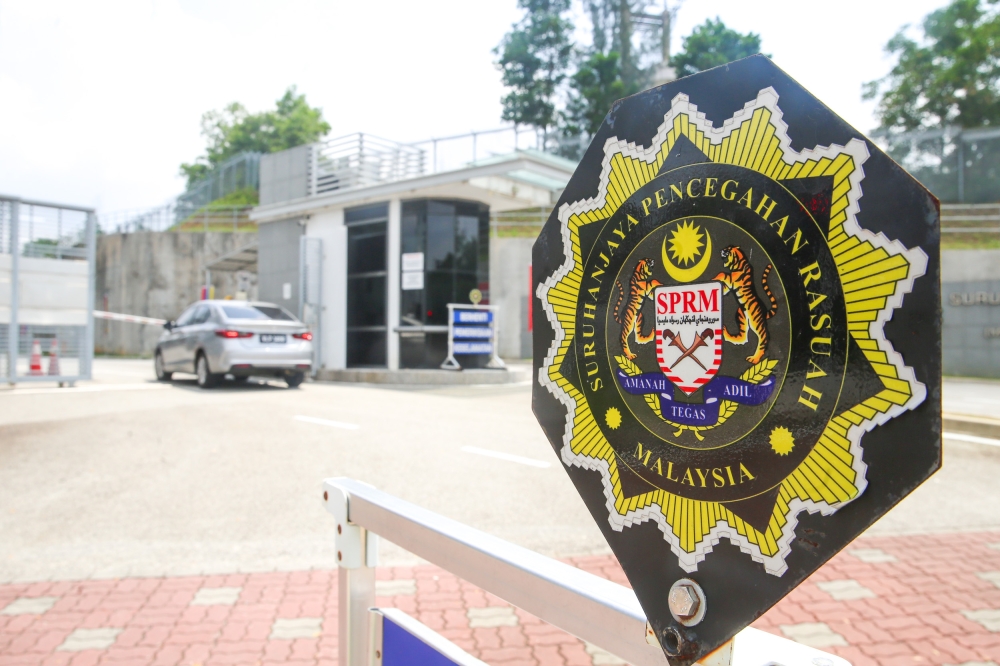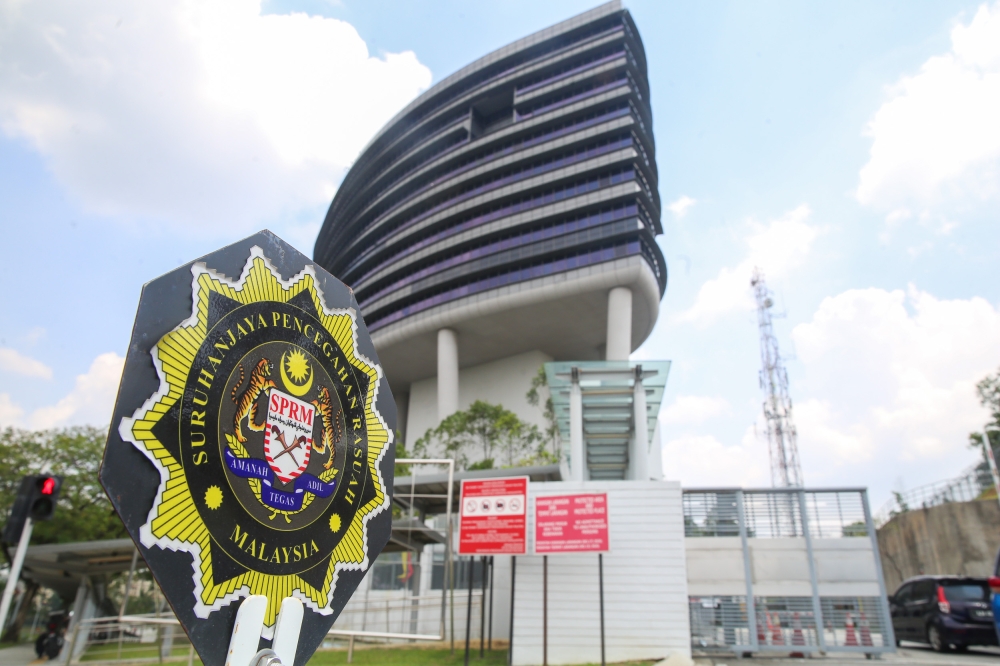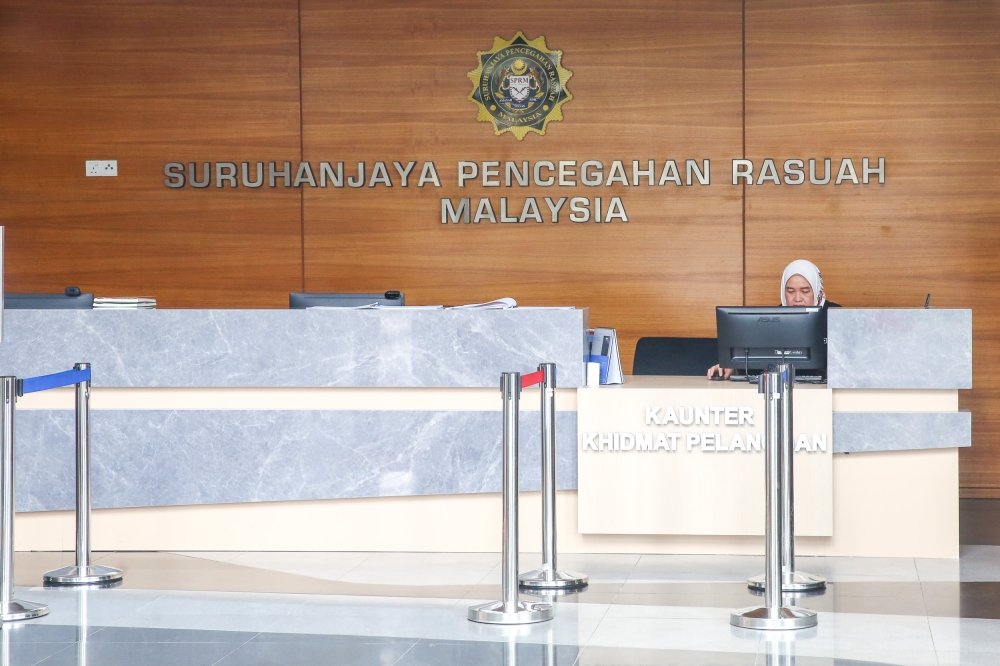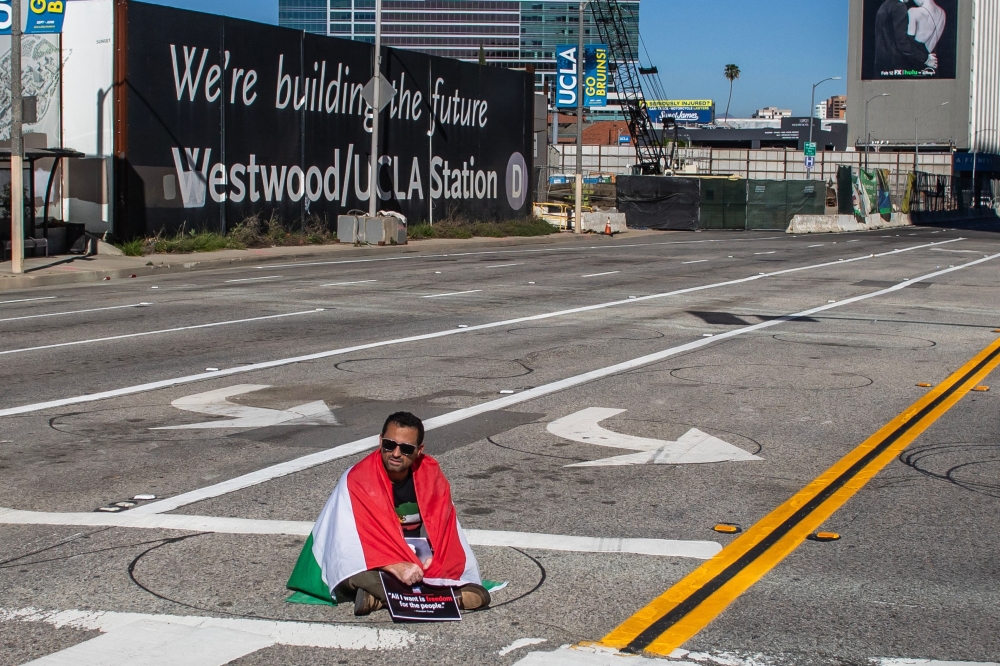MAY 20 ― The possibility of income inequality worsening is high because business disruptions due to imposition of lockdowns and movement restrictions by governments have caused many to lose jobs. The unprecedented situation has particularly impacted the vulnerable rakyat in the bottom 40 (B40) group and the self-employed.
The efforts to balance the measures for both public health safety and economic survival appear to be very difficult.
In trying to contain the spread of virus, there needs to be less outdoor activities for us to be able to practise social distancing but businesses are finding it difficult to cope by having to cut capacity or even worse, businesses need to be shut down.
The burden faced by many Malaysians caused by the movement control order (MCO) brought us to government’s decision to relax restrictions on most economic sectors early this month but there remains who are feeling the pinch.
Unfortunately, at the same time, crude oil prices are currently at low levels.
Within the society, this tough situation puts people in different kinds of experience based on social status.
Given that the Department of Statistics (DOSM) expects unemployment rate would range between 3.5 per cent and 5.5 per cent this year, the number of unemployed could be worse than it is now. In March, the unemployment rate reached 3.9 per cent.
This does not only concern Malaysia as other countries also registered massive unemployment. Some of the examples include the United States whereby a six-week total unemployment claim has reached 30 million. In Canada, over 7.2 million have applied for emergency unemployment assistance.
The United Nation’s (UN) International Labour Organisation estimates 1.6 billion informal workers to suffer “massive damage” in their livelihoods and in the second quarter of 2020 (2Q20), Covid-19 could cost the equivalent to 305 million full-time jobs.
Based on studies by the International Monetary Fund’s researchers on past outbreaks such as SARS, H1N1, MERS, Ebola and Zika, the Gini Coefficient ― a widely-used measure of inequality ― rose steadily after these major events. Their results have shown that after five years, the net Gini has increased close to 1.5 per cent.
They attributed the rise in inequality to job losses, income-based shocks such as decreased remittances and gloomy employment outlook.
Given that it is widely known that this Covid-19 pandemic is unprecedented and highly contagious, the effect has been detrimental to global economies.
The poor could remain poor or become poorer and those in the middle to higher-income groups could possibly be part of the vulnerable ones.
DOSM Report of Household Income and Basic Amenities Survey 2016 revealed that the country’s Gini Coefficient went down from 0.401 in 2014 to 0.399 in 2016.
However, due to the severity of the pandemic and the extended MCO, there is a likelihood that the coefficient could increase and that it was last revised four years ago. This would then accumulate to the worries on the state of household debt which stands at 82.7 per cent of GDP as at end-2019.
So, how can the income inequality be addressed in a move to save livelihoods?
Right at this moment and along the recovery period, the crucial topic is job creation.
The government or private sector could invest in job creations to support the affected Malaysians particularly the informal workers who are self-employed and have poor social protection.
In addition, policy approach needs to be forward-looking by providing job prospects for the university graduates and school leavers. In return, this would improve country’s productivity and rakyat’s incomes with greater human capital.
In tandem with the effort, relevant industries such as modern agriculture, healthcare, e-commerce, courier pick-up and delivery services should be promoted aggressively.
This would likely be in line with the soon-to-be presented Economic Recovery Plan that was said to be focusing on health guidelines and safe standard operating procedures (SOPs) in the new norm, capacity building, hiring of workers, job creation and propping up consumer spending especially through digital channels.
Hopefully, this matter will continue to be addressed in the long-term horizon such as in the medium-term revitalisation plan under 2021 Budget and 12th Malaysian Plan (long-term plan) that is to be tabled in January next year.
According to a survey conducted by a market research firm, Green Zebras Sdn Bhd, 51 per cent of the respondents felt that talent up-skilling is needed especially for the jobs that have become redundant due to the pandemic.
In creating new jobs, relevant education needs to be provided and encouraged in order to ensure the effort of creating jobs pays off. As the shift in jobs would not be a straightforward process, programmes to retrain and upskill workers are important.
As we have entered the new norm in which remote learning is the way to go, online courses should be made as a choice. To be made convenient for the employers and employees, workers should first be asked on which options are viable for them.
The Social Security Organisation (Socso) has done right by implementing suitable policies to support those who have lost jobs by offering 250 online courses. To date, it has received more than 300 applications from the unemployed to undergo training during the CMCO.
Lastly, another alternative to address income shocks for the rakyat in the midst of crisis besides job creation would be an expansion of the cash assistance programme such Bantuan Prihatin Nasional (BPN) and should be targeted towards the vulnerable households.
Unemployment programme such as the Employment Insurance Scheme which offers monetary benefits and job search assistance could also be extended to the self-employed as they are the ones who are badly impacted from the crisis.
* Nur Sofea Hasmira Azahar is Research Analyst at EMIR Research, a think tank focused on strategic policy recommendations based on rigorous research.
** This is the personal opinion of the writer or publication and does not necessarily represent the views of Malay Mail.

